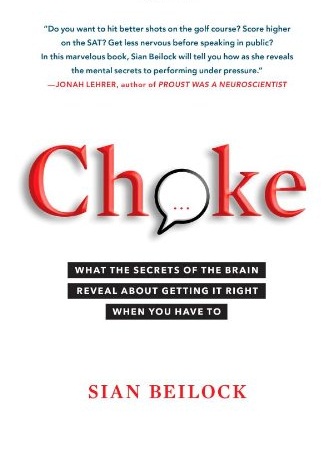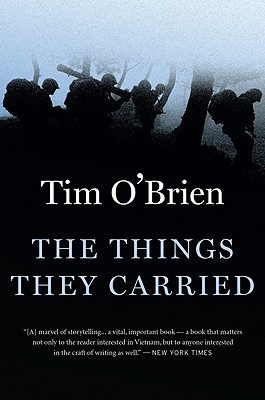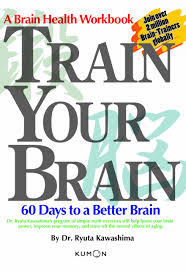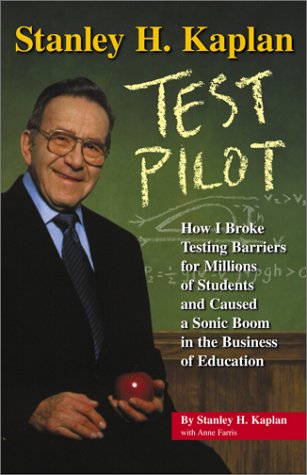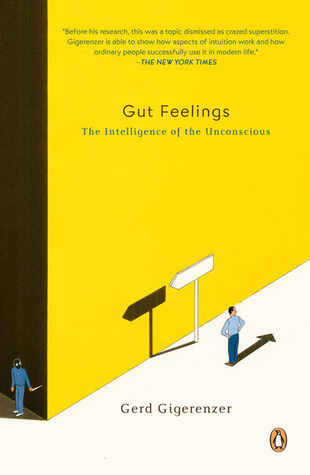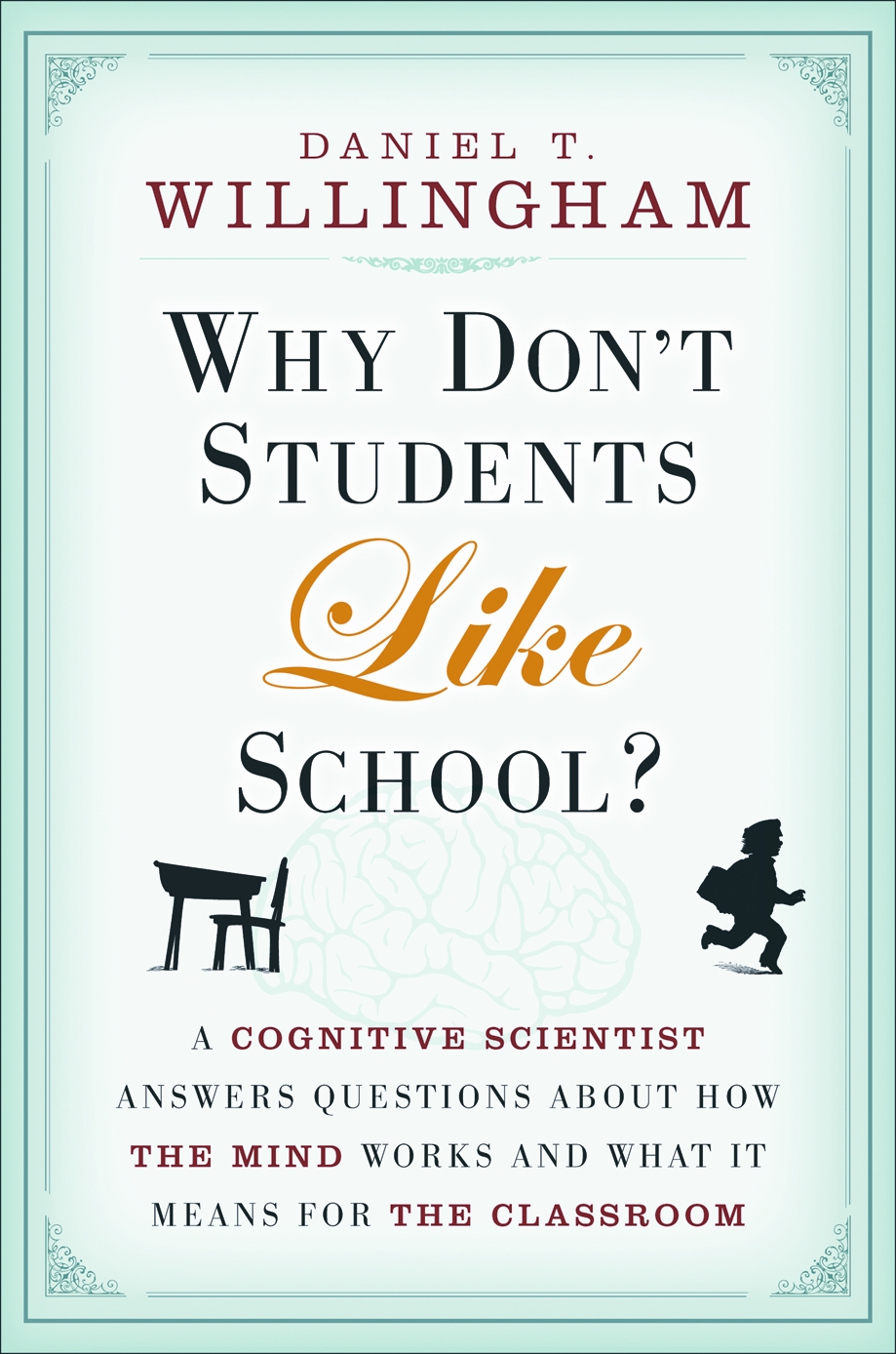Our friend Debbie Stier took the SAT seven times in 2011 to help get her son motivated as he prepared for college. We wonder how differently they might have prepared if the recently announced changes to the test had taken place a few years ago! Not only did Debbie use tons of test books, but she also read some fascinating, non-test books to prepare. These are great for insight into how we learn, how our brains work, or just for nerding out. Get your brain on, friends, and peruse Debbie’s list of 8 books to help you get through the stress of college test prep.
8 Books To Read When You’re Sick of Studying for the SAT
It happens to all of us. And it’s not fun to think about, but now there’s good news: It doesn’t have to happen.
It happens to all of us. And it’s not fun to think about, but now there’s good news: It doesn’t have to happen.
MENTIONED IN:
From Debbie: "To get literary the juices flowing for the essay. ...[O'Brien] managed to make me understand and feel empathy for men, fighting in a war – a circumstance I’d never been in and really had no desire to get to know more about."
MENTIONED IN:
From Debbie: "Or, any/all Mary Oliver poetry. What on earth does that woman take to make life seem so great? For a few years, I read one Mary Oliver poem every morning right after I’d wake up. I fell off the Mary Oliver wagon when I moved and didn’t unpack my books for months, but that was a wonderful way to start the day."
From Debbie: "Or, any/all Mary Oliver poetry. What on earth does that woman take to make life seem so great? For a few years, I read one Mary Oliver poem every morning right after I’d wake up. I fell off the Mary Oliver wagon when I moved and didn’t unpack my books for months, but that was a wonderful way to start the day."
MENTIONED IN:
The idea of this book, according to Dr. Kawashima, is to "work out the brain much like we work out the rest of our bodies. It has long been known that regular exercise helps slow the deterioration of our muscles, and the same is true for our brains."
The idea of this book, according to Dr. Kawashima, is to "work out the brain much like we work out the rest of our bodies. It has long been known that regular exercise helps slow the deterioration of our muscles, and the same is true for our brains."
MENTIONED IN:
Dweck explains why it’s not just our abilities and talent that bring us success, but whether we approach them with a fixed or growth mindset.
Dweck explains why it’s not just our abilities and talent that bring us success, but whether we approach them with a fixed or growth mindset.
MENTIONED IN:
For Debbie, this was useful "when trying to decide which commercial test prep company to start with." Stanley Kaplan, the founder of Kaplan, Inc. tells his story of how he transformed a basement tutoring center into an educational institution that has changed the way students learn.
For Debbie, this was useful "when trying to decide which commercial test prep company to start with." Stanley Kaplan, the founder of Kaplan, Inc. tells his story of how he transformed a basement tutoring center into an educational institution that has changed the way students learn.
MENTIONED IN:
Why is split second decision-making superior to deliberation? Gut Feelings delivers the science behind Malcolm Gladwell’s Blink.
Why is split second decision-making superior to deliberation? Gut Feelings delivers the science behind Malcolm Gladwell’s Blink.
MENTIONED IN:
Cognitive scientist Dan Willingham focuses his research on the biological and cognitive basis of learning, aka "how we learn".
Cognitive scientist Dan Willingham focuses his research on the biological and cognitive basis of learning, aka "how we learn".
MENTIONED IN:

